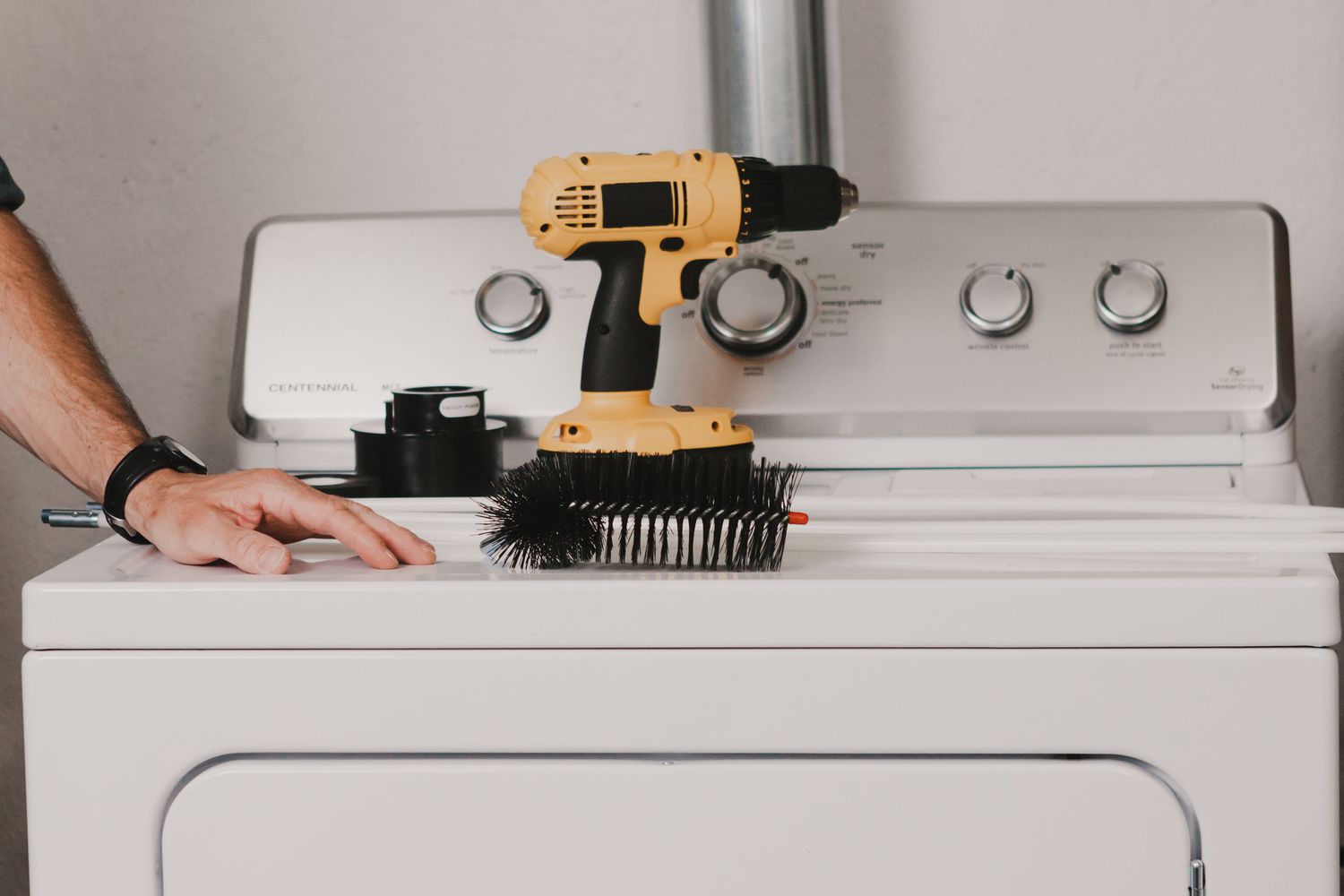New smart vent sensors placed inside your dryer vent system can alert you when cleaning is needed to maintain optimal dryer performance. However, some technology and reliability limitations remain. Here’s how these sensors work and their place in an effective dryer vent cleaning strategy.
How Smart Vent Sensors Work
Smart vent sensors monitor factors like air pressure, airflow and moisture levels within your dryer vent. When pressure rises or airflow drops due to accumulating lint and debris, the sensor emits an alert via an app or LCD screen. Some of them also detect high moisture content that can indicate clogged exhaust and vent system issues. The alerts notify you that it’s time for a manual vent cleaning. The goal is to remove the guesswork around when your vent needs cleaning and catch issues before they impact your dryer’s functionality. They claim to detect the need for vent cleaning earlier than typical annual routines.
Limitations of Smart Sensors
While a potentially useful tool, smart vent currently have limitations. Many consumers report issues with sensors failing to provide accurate or consistent alerts. This can lead to owners overlooking a clogged vent or being alerted prematurely. Additionally,they may miss severe blockages and localized clogs that manual inspections can catch. Some of them also require frequent battery replacements, adding expense and hassle. As a result, most dryer experts still recommend regular manual cleanings, typically once per year, in addition to any sensor alerts. A thorough physical inspection ensures no debris has escaped detection by the sensors.
Role of Sensors in Cleaning Routines
For now, smart vent are best used to supplement – not replace – traditional manual dryer vent cleanings. Sensor alerts can potentially catch minor issues sooner and serve as a reminder for owners who neglect routine cleanings. However, for maximum effectiveness and safety, pair sensor alerts with manual cleanings at least once per year. This ensures any sensor limitations or missed blockages are caught and removed. The ideal method is to have sensors installed and activated, and then perform a complete manual vent cleaning initially. Allow the sensors to alert you to any minor issues in between annual professional cleanings. The two methods together provide the most thorough approach for safe, efficient dryer vent maintenance.
In summary, though showing promise, smart vent sensor technology remains somewhat unreliable on its own for determining when your dryer vent needs cleaning. For now, the best strategy combines sensor alerts with traditional manual cleanings. Sensors can catch minor issues sooner but annual professional cleanings catch major buildups that sensors may miss. Pairing the two methods ensures a truly thorough clean vent system for optimal dryer performance.

